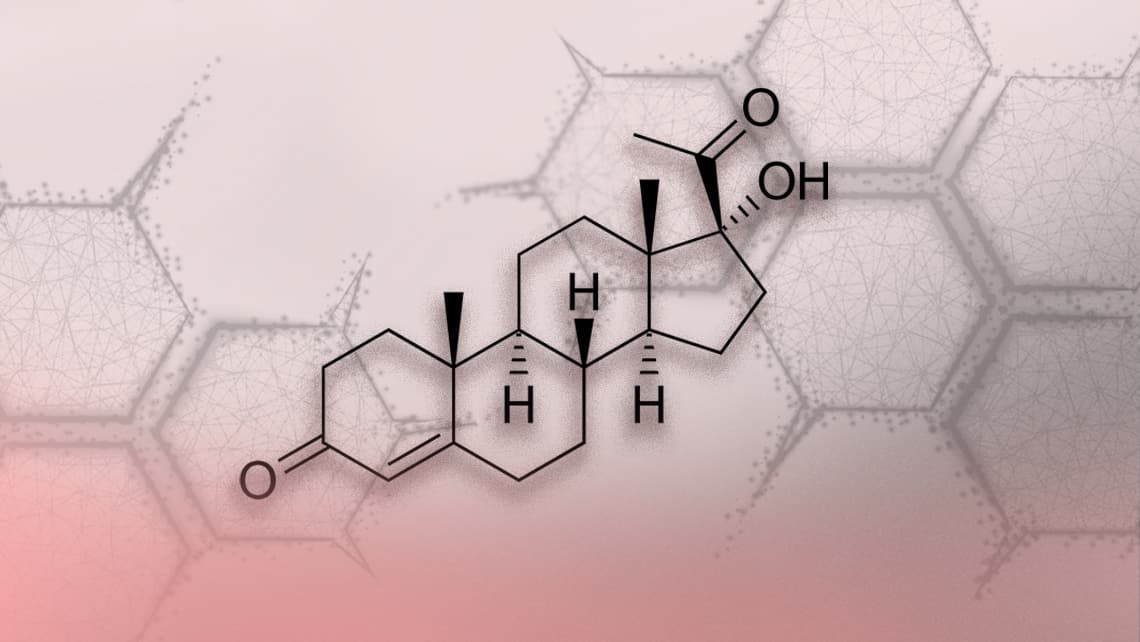
What is a progesterone deficit? Administration and side effects
Progesterone is one of the most important hormones in a woman’s metabolism and fertility. It is produced by the ovaries following ovulation during a normal menstrual cycle but when a woman is pregnant the placenta takes over responsibility for production. Its main roles consist of preparing the endometrium (internal layer of the uterus) for implanting a fertilised ovum and sustaining pregnancies. It also plays an important role when a woman is breastfeeding because it helps to prepare the mammary glands for milk production.
As women age, there is a natural progesterone deficit and this is what we all know as the menopause. This deficit is sometimes present in younger women and, as a result, their endometrium does not develop correctly and impedes correct embryo implantation and development. Progesterone deficits have, therefore, traditionally been associated with infertility, irregular bleeding, recurrent pregnancy loss and/or premature birth.
Progesterone levels are sometimes measured before embryo transfer in order to check if the endometrium is in an appropriate state for reception. However, there is currently no proof to confirm that fertility issues are a side effect of a progesterone deficit. Nonetheless, since it is a natural substance with hardly any side effects and it is easily tolerated, its use in medicine is commonplace.
Progesterone can be administered in oral, sublingual, rectal, intramuscular, subcutaneous or vaginal form. The latter is the most common means of administration due to its minimal adverse effects.
Dr Ruth Romero, gynaecologist at Instituto Bernabeu.
